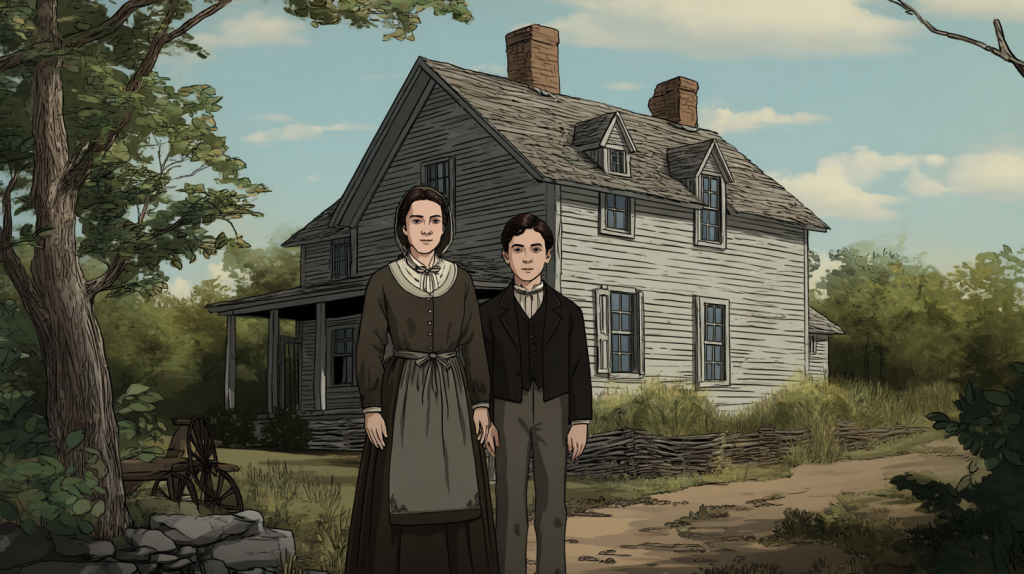The Family Religion

I dreamt of a 19th century rural mother and her teen-age son. She was proud at how he had turned out, and proud of her efforts in that project. Mindfulness was an essential part of being a good mother. She needed to remain attentive to the weather, the state of plants and animals, and to react accordingly to maximize the output of the farm. She was to weigh each of her statements and actions by the effect it would have on the well-being of the family members.
The situation was similar for men. The men of the family would remain attentive to changes in business climate, economic opportunities, advances in technology, and so forth. This attentiveness and reactiveness would make the family successful economically and socially — and most importantly, spiritually. Why? Because one may not prioritize personal desires when attentive to environmental conditions, nor when reacting to them for the benefit of the family. One ‘transcends’ personal imperfection though discipline and through successful integration in God’s creation. The mother’s primary project was therefore spiritual, and all of her activities — as a mother and farm wife — were in service to her religion.
I saw that feminism would be a non-concept to such a woman. She would not consider herself a repressed person, but a cog in an otherwise functioning machine. Cogs are not free to do as they are pleased, but they are not repressed either. They have roles. In this case, the family was that machine. Family prosperity would lead to the acquisition of more land, better food for children, leading to more surviving children, who would have access to better marriages, and so forth. The family was an object of natural selection. Families had an interest in suppressing gender equality.
In a future world in which a family has little hope of achieving more prosperity than the previous generation had, that game would be over. What are people to do? If the family can no longer be the object of natural selection, the the individual must. In such a future world, personal desire would be promoted. It is the engine of consumerism and of debt. Collective action of any kind would be demoted. Individualism is therefore key to mass control and mass obedience.
Mindlessness would be promoted. This is only possible when humans’ contact with reality is diminished. This is just what increased technology allows. At the same time, increased technology could fill the void it created by means of ever-present entertainment possibilities. Mindlessness goes hand-in-hand with individuality, in that it keeps people from understanding their situation and formulating collective solutions.
I have no nostalgia for the 19th century. My trips, which are at least weekly, have revealed it to me as the opposite of its depiction in modern movies. It is filthy, smelly, and unfair in every way I can think of. It was unsafe, from unrefrigerated food to unregulated construction sites. There was no problem that death was not called upon to solve. Nevertheless, this era does provide a perspective from which increased individual freedom and the increased convenience of technology can be seen as cultivating spiritual poverty. This mother would in no way be envious. This dream allowed me to see my own era through the eyes of someone in another era, and I cannot shake off the perception. I’ve been changed, again.
